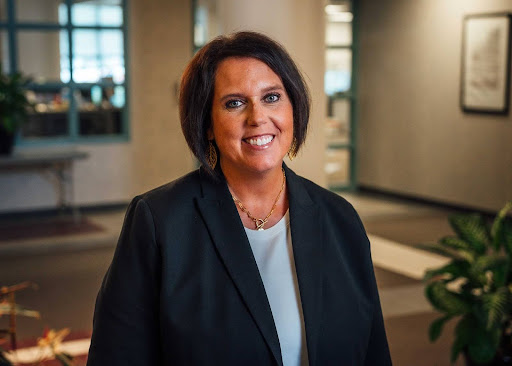The move away from full-time remote work

Michael Crumb and Kathy A. Bolten Aug 16, 2023 | 9:37 am
2 min read time
584 wordsAll Latest News, Economic Development, Real Estate and DevelopmentAcross the nation, a growing number of employers are requiring employees be in the office at least three or more days a week.
In March, JPMorgan Chase & Co. told senior employees that they must be in the office five days a week. In May, Amazon Inc.’s corporate employees began requiring in-office work at least three days a week. Starting in mid-July, real estate brokerage Redfin began requiring workers in the office at least two days a week. BlackRock, an investment management company, is requiring workers to be in the office at least four days a week beginning in September.

Principal Financial Group, whose world headquarters is in Des Moines, began allowing employees back in the office in June 2020, Dan Houston, the company’s CEO, told the Business Record in written comments. “We’ve continued to see more and more traffic as pandemic concerns retreated.”
In addition, several teams have implemented in-office requirements for their hybrid workers, he wrote. “This recent change brings greater consistency across the organization. It was important for us to land on guidelines that continue to support flexibility while also promoting more in-person collaboration.”
Houston wrote that he recognized the new in-office requirement will be an adjustment for some employees, and he doesn’t believe it will affect the company’s ability to attract and retain talent.
“We are confident that it still provides flexibility for our employees, which has been important in attracting and retaining talent,” he wrote. “Over time, I think we will find that our culture is strengthened by this change and that strength will help us continue to grow in new and meaningful ways.”
Houston wrote that Principal did not discuss the decision with downtown stakeholders prior to making the announcement but said the company is supportive of efforts by the Greater Des Moines Partnership to learn more about what local employees value.
Joe Murphy, president of the Iowa Business Council, said Principal’s decision continues a trend of companies returning to the office while remaining flexible.
“I think more and more, holistically, companies are looking at ways to bring people back to the office in a framework that makes sense in an effort to increase efficiency, increase innovation and increase collaboration,” he said.
Principal is a member of the Iowa Business Council, which is made up of 21 members from the chief decision makers of the state’s largest companies.
Murphy said although companies such as Principal are bringing employees back, flexibility is going to be part of their culture moving forward.
“That’s the nuanced difference in what this is,” he said. “Companies are making the decision that we do need people back in the office … so you can foster innovations and creations, but at the same time maintain flexibility that people need to conduct their lives.”
Other companies may look at what Principal is doing as they search for a model in their own return-to-work decision, Murphy said.
“A lot of companies are trying to find that right balance and are always looking for good templates in which to draw inspiration from, so when I look at the Principal announcement it seems very well balanced, it seems very much in line with core company culture, and I think that companies ought to look at that as a model to see if it applies to their own company’s goals.”
RELATED ARTICLES: Principal Financial Group’s workers are returning to the office. What it could mean for downtown
Will more office workers downtown help restaurants? Answers vary










